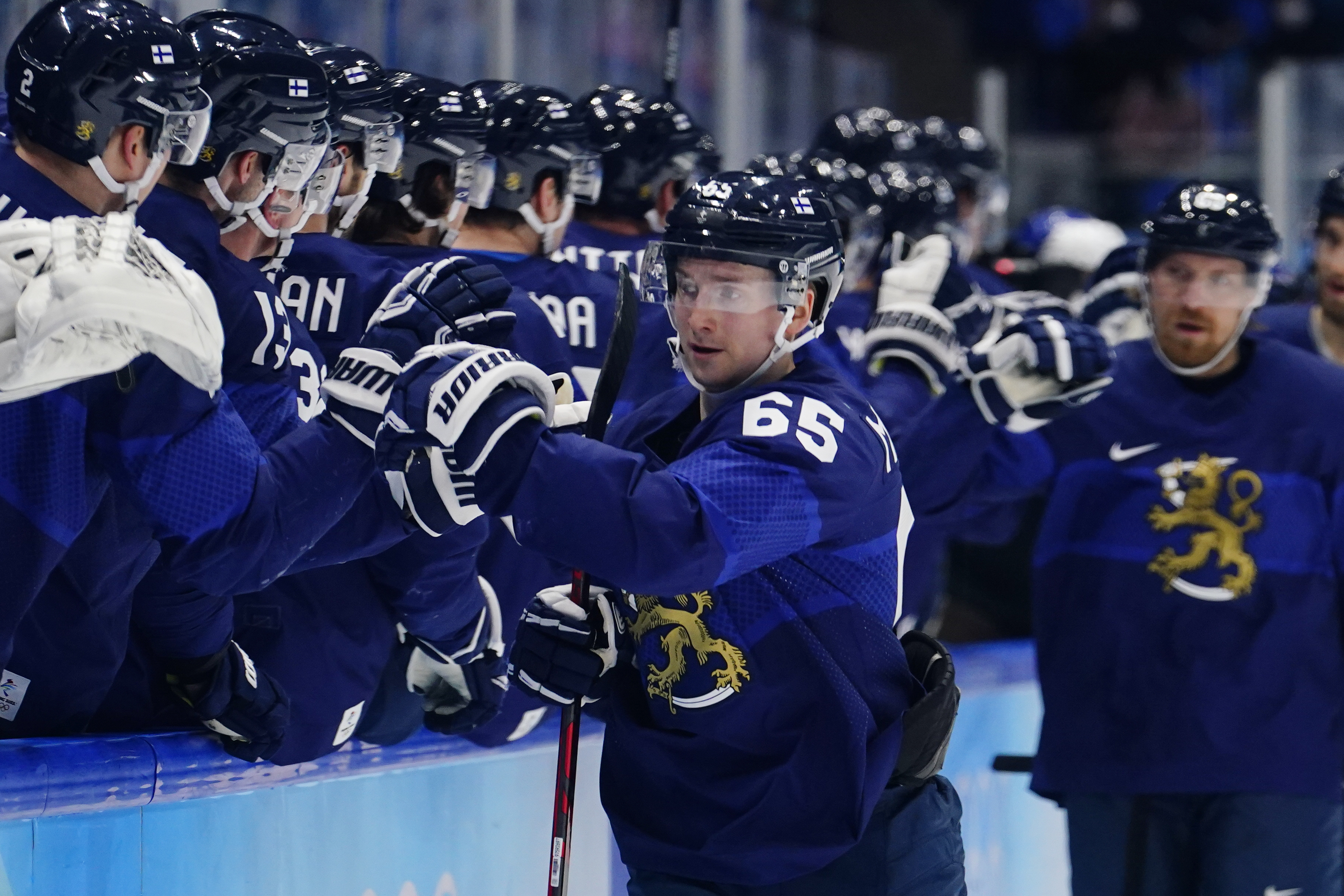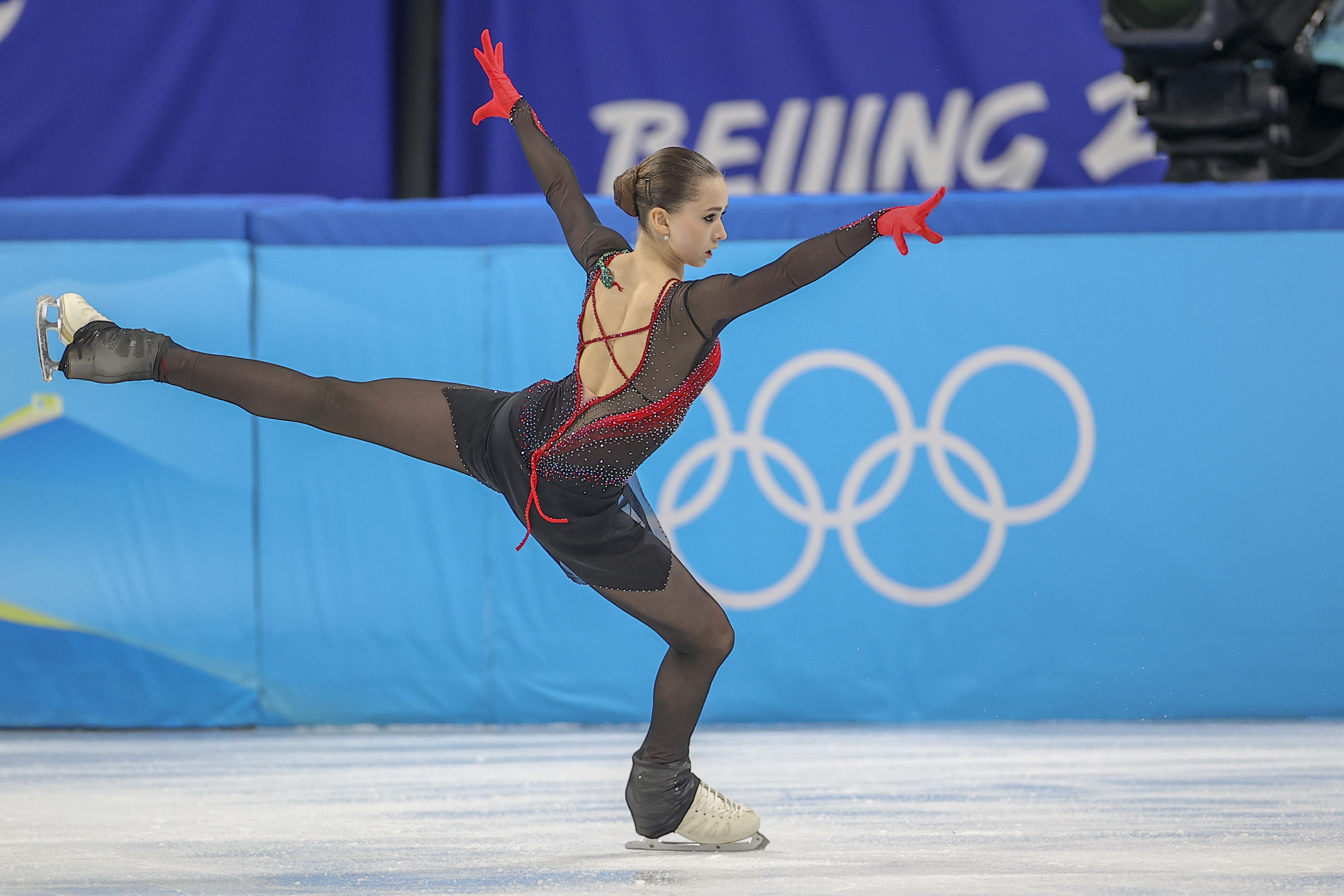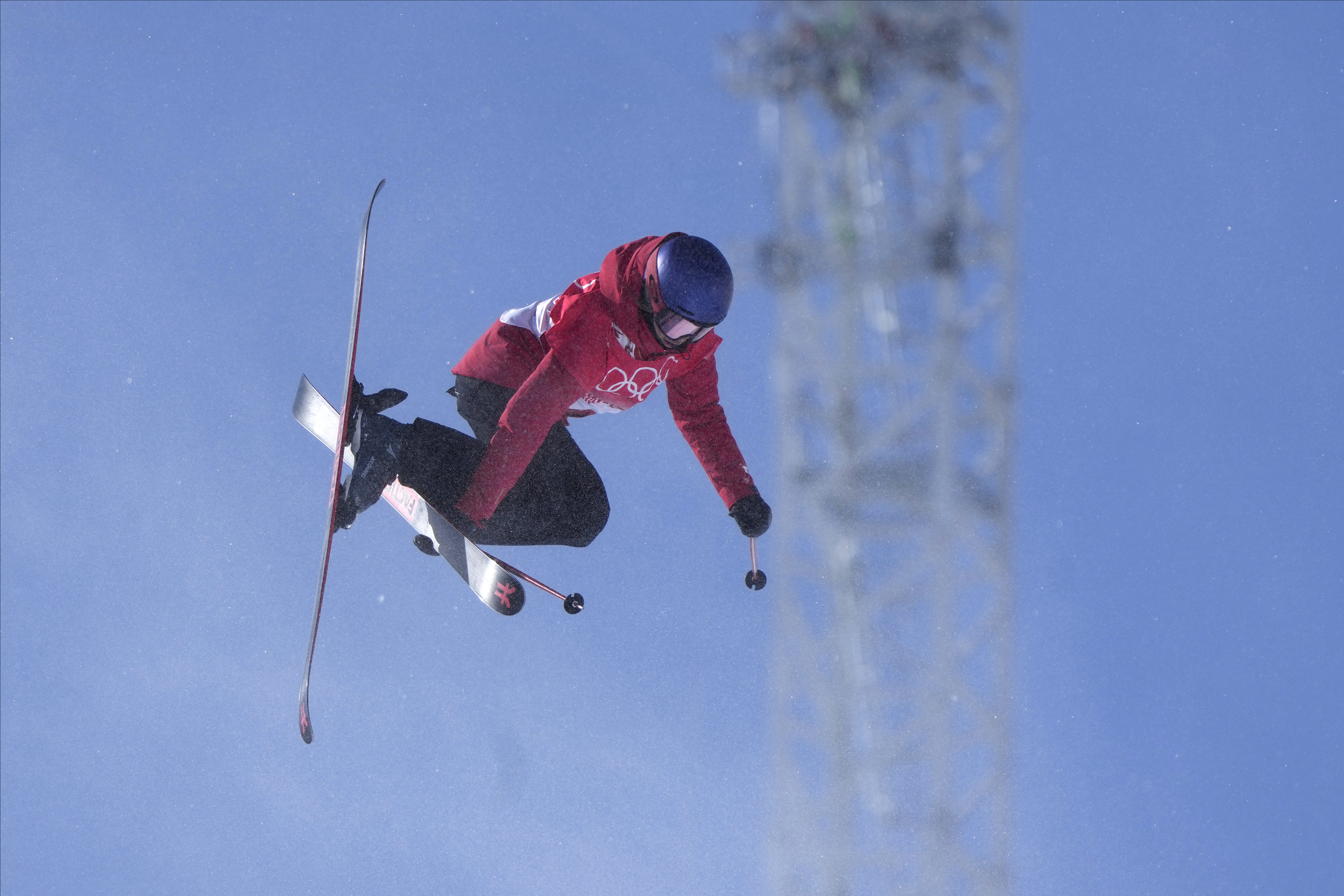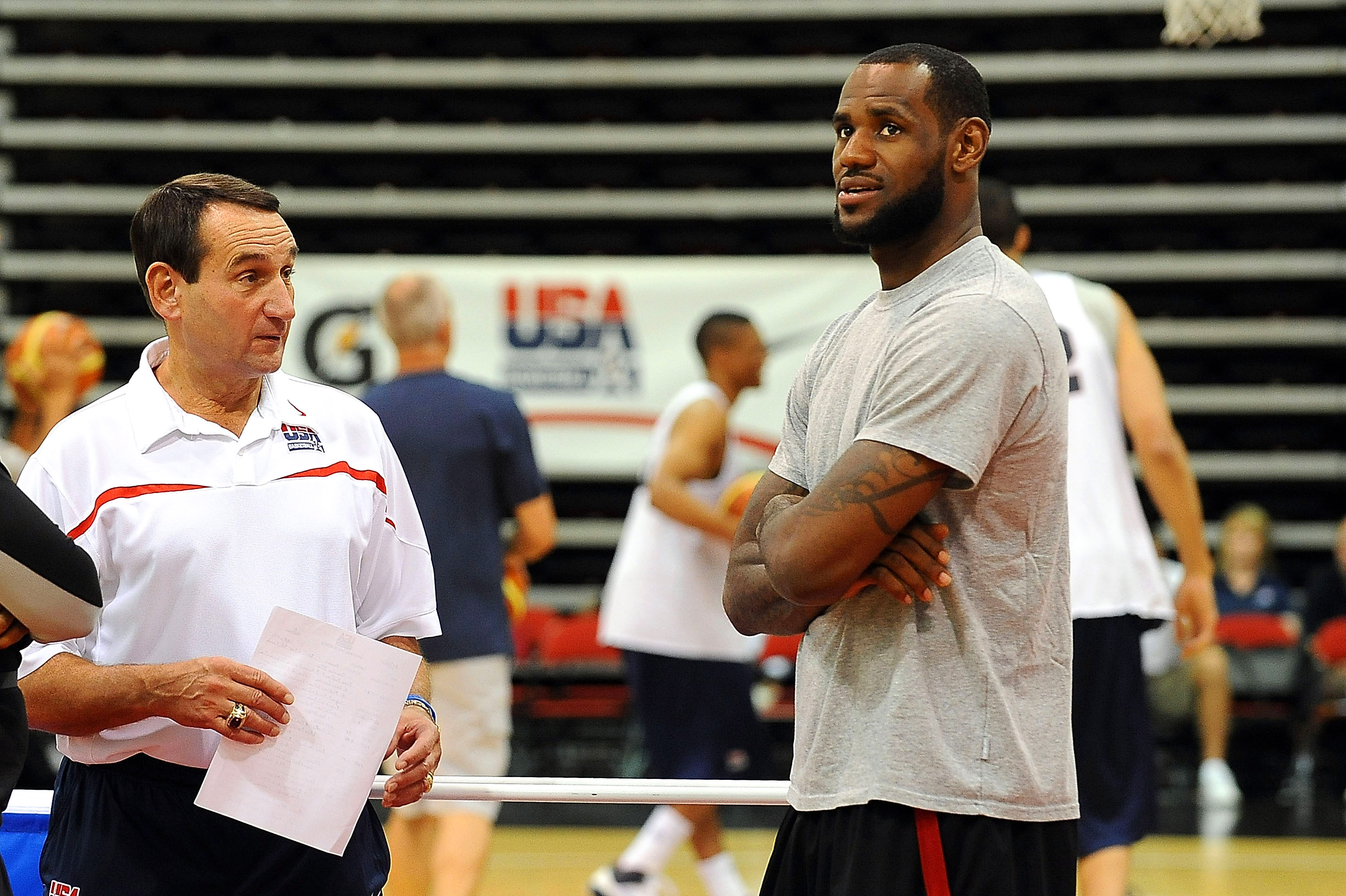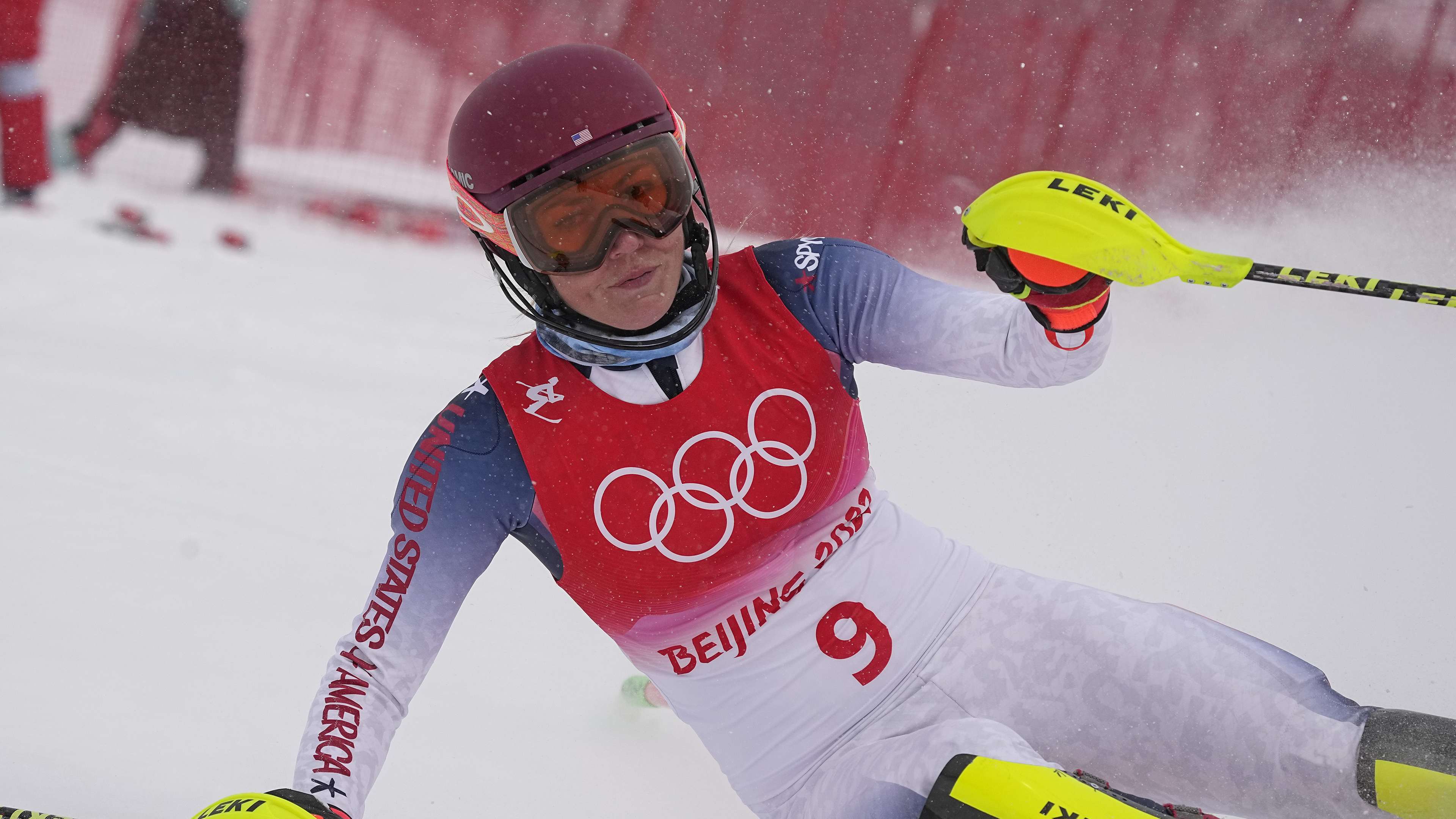Yes, Women's Hockey Absolutely Belongs at the Winter Olympics

With its 3-2 gold-medal win over the USA on Thursday at the 2022 Winter Olympics, Canada reclaimed bragging rights as the top dog in women's hockey.
It's the fifth gold for the Canadians since women's hockey became an Olympic sport in 1998, and the sixth time that Canada and the U.S. played in the gold-medal game (Sweden eliminated Team USA in the 2006 semifinal in Turin and then went on to win silver).
Some have said the talent gap between the two North American nations and the rest of the competition is too great to justify keeping women's hockey as an Olympic sport. But similar imbalances exist in other events—the U.S. dominates basketball on both the men's and women's sides, China is virtually unbeatable at table tennis and Norway is a consistent force in Nordic sports such as cross-country skiing and biathlon.
And the global women's hockey landscape is changing for the better—perhaps not as quickly as it could, but certainly despite a boatload of challenges.
And it's not like Thursday's result was preordained. The 2022 Canadian squad will go down as one of the greatest of all time, but getting to gold took plenty of blood, sweat and tears. Meanwhile, the American team was diminished over the last four years by the retirement of a number of key players, including captain Meghan Duggan and the Lamoureux twins, Monique and Jocelyne, who delivered the big goals that led to gold in Pyeongchang, South Korea, in 2018.
Now, the U.S. has work to do if it wants to get back onto level ground with Canada.
Signs of Growth
As a sport, women's hockey is still in its infancy. Many of today's American players grew up idolizing the trailblazing 1998 U.S. team that won gold in Nagano, Japan. Hilary Knight wears No. 21 in honor of that group's captain, Cammi Granato.

And while men's enrollment in USA Hockey programs had leveled off even before the pandemic wreaked havoc on the sports world, the U.S. women's game was still growing. Around the globe, the pattern is similar. From 2007 to 2018, the number of female players registered with the International Ice Hockey Federation grew by more than 33 percent.
This year, the Olympic women's hockey field expanded from eight teams to 10. The IIHF has talked about raising that number to 12, to match the men's tournament.
And did the Czechs ever take advantage of their opportunity! After climbing from ninth to seventh in the IIHF world rankings from 2016 to 2020, they punched their first ticket to the Olympics through a four-team qualifying tournament last November.
They finished second in Group B with a 2-0-1-1 record. Then, in their knockout quarterfinal game against Team USA, they scored first and made it to the end of the second period in a 1-1 tie before eventually falling 4-1. It was a stunning display despite the final margin, which bodes well for the future of their program.
Fighting for Dominance
While the U.S. women must start analyzing how they can work their way back to the top of the podium, that's the exercise Canada had been going through since Jocelyne Lamoureux-Davidson's shootout dagger forced it to settle for silver in Pyeongchang.
The Canadians were on shaky ground at that point. Though they had maintained Olympic superiority before those Games, they hadn't won a standalone World Championship since 2012.
Then, it got worse. At the 2019 Worlds, they were ousted in the semifinal for the first time in history and forced to settle for bronze while the hosts from Finland came within a controversial video review call of going on to upset the U.S. and steal gold.
Recognizing the need for change, the Canadian brain trust replaced head coach Perry Pearn with his associate coach, Troy Ryan, in January 2020. They went on to make other tweaks to their roster construction and preparation process.
Pandemic Paralysis
Then, COVID-19 changed everything, all but eliminating the players' already scarce opportunities to test themselves in high-end competition.
The Women's World Championship scheduled for April 2020 was one of the first major sporting events to be canceled. The 2021 edition was also initially scrubbed before being mounted in Calgary last August.
Smaller events such as the Four Nations Cup were also put on ice. At the youth level, the last two women's U18 tournaments were canceled, throttling a crucial development pipeline for the best prospects in the world.
Those cancellations created big hurdles for the top-ranked Canadian and U.S. teams. The situation was even more difficult for the lower-ranked nations, many of which work tirelessly to secure enough funding and support from their national federations and sponsors to cover the bare necessities.
The IIHF announced Thursday that it plans to hold the 2022 Under-18 tournament in the United States this summer.
The IIHF announced the Men's World Juniors and Women's U18 tournaments will be played over the summer pic.twitter.com/13uL59aRiq
— B/R Open Ice (@BR_OpenIce) February 17, 2022
With any luck, that announcement will signal a turning point back to a positive growth cycle for women's hockey, with players striving to establish a sustainable professional league that pays a living wage and provides them with the health care and other support they need.
The time to strike is now, when fan interest is at an all-time high following another Olympic show of excellence from the world's best players.
As for whether women's hockey belongs at the Games, Granato has no time for that argument.
"To me, it's just noise, something we've heard all our lives," said the Hockey Hall of Famer, who continued to help pave the way for women in the sport when she signed on last week as the second female assistant general manager of the Vancouver Canucks, joining former player agent Emilie Castonguay.
"It's just what people say. You're always going to get people complaining about something."

